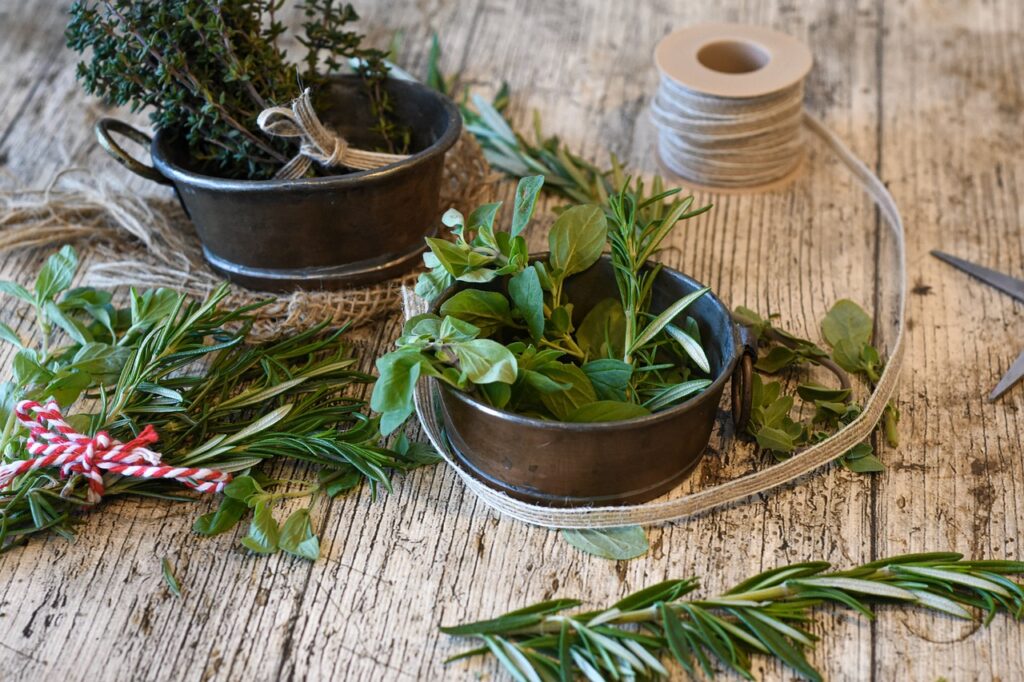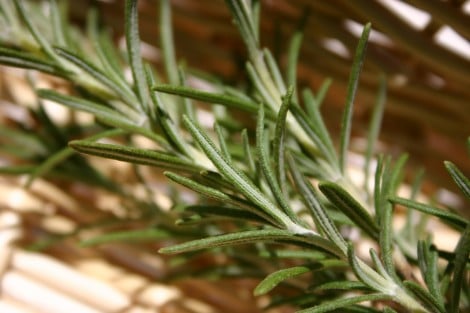January 2014
Dear Friends,
I think it‘s only natural to review your life when one year ends and another year begins; if not your whole life, at least the year that has past. We remember those we have lost and the new friends we’ve made, we remember our achievements as well as our blunders. After all, it is only through reflection that we can take a true accounting of our lives. This is why I have chosen the herb of remembrance as the subject of my January newsletter.
Have you ever run your hand over the branch of a fresh rosemary bush and inhaled the lingering scent from your fingers? The scent stirs something primal yet angelic. Even if it is the first time you’ve done this, it has a tendency to evoke a memory. You may not be able to verbalize the recollection yet it is a memory nonetheless.
Rosemary has long been known as the herb of remembrance, a symbol of love, friendship, fidelity and recollection, all which are of the highest order of the human experience.
Rosemary is an aromatic plant native to the Mediterranean. It’s Latin name ros marinus translates to “dew of the sea”, as this plant grows in great abundance along the seashores. In ancient Greece rosemary was worn in the hair of students to improve their memory. This idea has been borne out by modern studies that rosemary improves memory both through the olfactory senses as with aromatherapy as well as orally consumed with foods or herbal tinctures.
Aroma-therapists recommend rosemary oil in treating Alzheimer’s patients. There is evidence that suggests that some damage to the brain of Alzheimer’s patients is caused by highly reactive oxygen molecules, also known as free radicals. Rosemary contains a couple dozen antioxidants that flow through the blood mopping up free radicals. Among those free radicals is a particularly potent one called rosmarinic acid.
Since rosemary is one of the richer herbal sources of antioxidants, that makes it an excellent and safe food preservative. It’s antioxidants help prevent the fats in meats and oils from going rancid. The Greek fisherman of antiquity used to preserve their catches by storing them in layers of rosemary. Even after days the without refrigeration the fish were preserved thanks in part by the antioxidant activity of rosemary.
It is worth mentioning here that these same antioxidants in rosemary also protect the vision by preventing cataracts. Rosemary consumption improves digestion, fights against obesity, liver diseases, and it’s diuretic properties work well to treat edema. It is a nervine that helps regulate fast heartbeats caused by irritability and excessive use of coffee or tobacco.
I have a recipe on my website for a hair rinse that uses rosemary intended for male pattern baldness. It works for approximately 50% of those who try it, specifically for those who have the type of male pattern baldness caused by scalp pores that are plugged by a cement-like substance that forms when testosterone mixes with sebum (oil from the sebaceous glands). Rosemary exerts a good influence on blood pressure and circulation. Its anti-inflammatory and circulatory benefits make it an ideal component for treating migraines.
I use rosemary in my herbal tincture called Migraine Remedy to increase circulation to the brain and facial area as well as to reduce inflammation and act as a nerve tonic.
May 2014 bring us globally, awakening to truth and discernment of that which illusory; may it bring us individually, love, joy, health and plenty.
Love and Light, Lori




